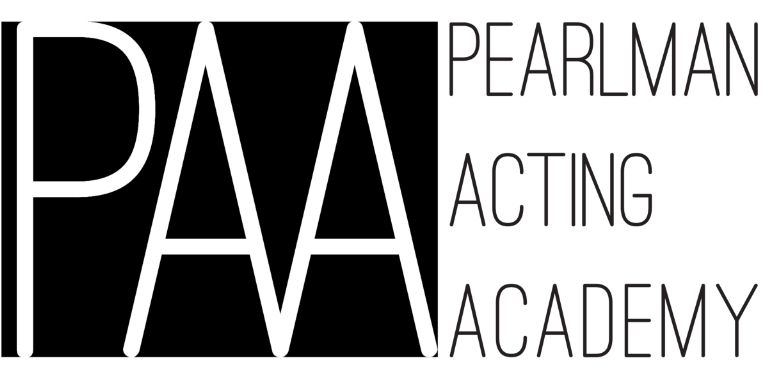Most of us remember the scene in “Jurassic Park” when Jeff Goldblum illustrates chaos theory by placing a drop of water on Laura Dern’s hand. The presentation serves to give a clear example of the fallibility of prediction. Each time Goldblum placed a drop of water on the same spot on Dern’s hand, he asked her which direction she thought it would roll. Each time she was wrong. It’s the same with auditioning. Though your starting point might be the same, don’t expect your audition is going to feel like what you did at home, in the car, or in your acting class.
Here are some things I hear actors say:
- “I had it memorized in the car.”
- “I nailed it at home with my boyfriend.”
- “I nailed it in my class.”
As one should anticipate, the audition is simply going to feel differently in the audition room. This is, in part, by virtue of the fact that you’re in a foreign environment, and partly because nothing is ever the same—as Goldblum’s character so memorably demonstrated. There are a range of factors which can be unexpected or adjusted in the room which you can’t control, and which could potentially throw you from how you felt when rehearsing the scene on the phone with your Mom—whether they have you sitting down or standing up, whether the reader is close or far or male or female. If you aren’t malleable, you’re not going to be able to survive—much like the dinosaurs, to continue the analogy.
But more importantly, as an artist there’s going to be a sense of disappointment that you experience along with a stunting of development by virtue of the fact that you’re not constantly creating something, but rather reciting something.
This is a problem because it strips your audition of any danger or real dynamism. Every time you act a scene, you should be living through it in a completely different way each time.
In my opinion, the only thing you have control over is your start—a really specific, fun and impactful choice (hook)—and the structure you created in preparation. Essentially, this start is akin to Goldblum placing the drop of water on Dern’s hand. You need to hit the proverbial mark that you prepared, but you should honestly have no idea where it’s going to roll. After the start, the rest of the scene shouldn’t really feel like a comfortable pair of shoes. In fact, the more off balance it is, the more it resembles the dangerous uncertainty of life.
If you don’t have that about-to-fall feeling, I think you’re just playing it safe.
This leads us back to the “Jurassic Park” scene. If you’ll all remember, the conversation about water droplets and chaos theory took place in one of the Jeeps. But shortly after, all the main characters leapt out of the cars and started exploring past the fenced in borders of the park, where the danger (and adventure) lurked. You need to have that mentality of starting from a strong place of structure (and comfort), such as in the seat of a Jeep, and the willingness to rip off your seatbelt, throw open that door, and head into the uncharted territory, where you don’t know what you will encounter.
I coach my clients to 110 percent so they can go into the audition room at 100 percent and book the role, seeing it as an adventure and an exploration—not a place to regurgitate prepared material, but a place to take their bombproof preparation, jump off it, and not look back.
This article was originally posted on Backstage






